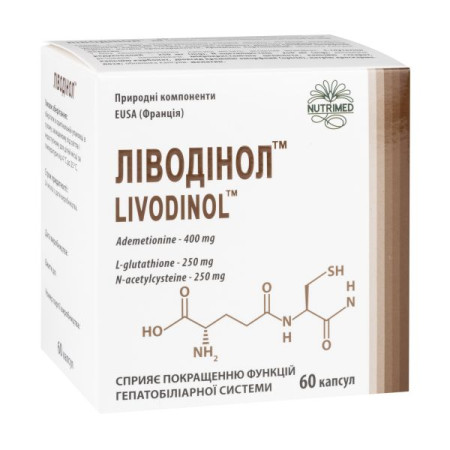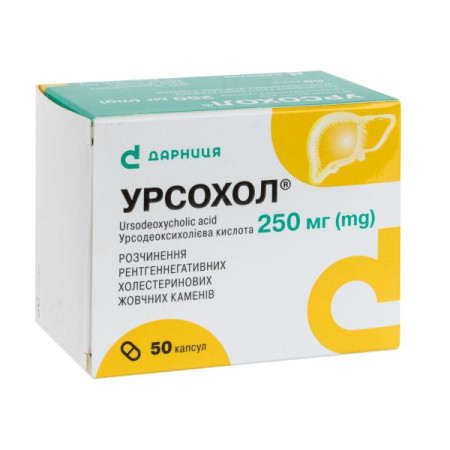Papazol-Darnitsa tablets No. 10

Instructions for Papazol-Darnitsa tablets No. 10
Composition
active ingredients: 1 tablet contains bendazole hydrochloride 30 mg, papaverine hydrochloride 30 mg;
excipients: lactose monohydrate, microcrystalline cellulose, potato starch, croscarmellose sodium, calcium stearate.
Dosage form
Pills.
Main physicochemical properties: tablets of white color with a grayish tint, flat-cylindrical shape, with a bevel.
Pharmacotherapeutic group
Peripheral vasodilators. ATC code C04A X.
Pharmacological properties
A combined drug that contains the alkaloid papaverine and the imidazole derivative bendazole.
Papaverine is a myotropic antispasmodic. It is an inhibitor of the enzyme phosphodiesterase, which causes intracellular accumulation of cyclic 3',5'-adenosine monophosphate (cAMP). The accumulation of cAMP leads to impaired smooth muscle contractility and their relaxation in spastic conditions. It reduces tone, reduces the contractile activity of smooth muscles and, in this regard, causes a vasodilator and antispasmodic effect. The effect of papaverine on the central nervous system is weak, only in high doses does it exhibit some sedative effect.
Bendazole is a myotropic antispasmodic. It directly affects the condition of the smooth muscles of the vascular wall and internal organs by affecting imidazole receptors. It reduces blood pressure, the content of free calcium in smooth muscles, relieves spasm of smooth muscles of the abdominal organs, stimulates the functions of the spinal cord. It increases the ability of tissues to resist hypoxia, increases the synthesis of nucleic acids and protein.
Indication
Spasm of smooth muscles of internal organs (pylorospasm, spastic colitis, cholecystitis, gastric and duodenal ulcer, intestinal colic, renal colic, urinary tract spasm); transient cerebral vascular spasm; moderately pronounced peripheral vascular spasm; additional agent in the complex therapy of arterial hypertension.
Contraindication
Hypersensitivity to the active substance or to other components of the drug; atrioventricular conduction disorders; severe heart failure; arterial hypotension; diseases occurring with a decrease in muscle tone; convulsive syndrome; broncho-obstructive syndrome; bleeding gastric and duodenal ulcers; hypotonic colitis; habitual constipation; craniocerebral trauma; severe hepatic and renal failure; chronic nephritis with edema and impaired nitrogen-excreting kidney function; diabetes mellitus; hypothyroidism; adrenal insufficiency; prostatic hypertrophy, glaucoma.
In the case of rare hereditary conditions that may cause incompatibility with the excipient of the medicinal product (see section "Special precautions"), the medicinal product is contraindicated.
Interaction with other medicinal products and other types of interactions
When using Papazol simultaneously with other medicines, it is possible:
with antihypertensive drugs of various groups, tricyclic antidepressants, saluretics, procainamide, reserpine, quinidine, phentolamine - increased hypotensive effect; with prolonged use with β-blockers, the drug prevents the increase in total peripheral resistance caused by β-blockers;
with anticholinergic agents – increased anticholinergic effect;
with barbiturates – mutual enhancement of effects;
with levodopa, methyldopa – weakening of the effects of these drugs;
with CNS depressant drugs – increased toxicity of these drugs, such a combination is not recommended;
with cardiac glycosides – pronounced increase in myocardial contractile function due to a decrease in total peripheral vascular resistance;
with adsorbents, binders and enveloping agents - reducing the absorption of the drug from the gastrointestinal tract.
The effectiveness of the drug is reduced by smoking.
Application features
The drug should be prescribed with caution and in doses lower than the average therapeutic dose, in severe heart diseases, supraventricular tachycardia, respiratory depression, decreased intestinal peristalsis, shock conditions, debilitated patients, and elderly patients.
It is not recommended to use the drug for long-term treatment of arterial hypertension, especially in elderly patients.
When taking the drug, the development of orthostatic hypotension is possible.
If symptoms of liver dysfunction appear, including gastrointestinal disorders, jaundice, eosinophilia, and elevated liver enzymes, the drug should be discontinued.
You should inform your doctor about the following symptoms: hot flashes, sweating, headache, fatigue, jaundice, skin rash, nausea, stomach discomfort, constipation.
Smoking impairs the effectiveness of the medicine.
The medicinal product contains lactose, therefore patients with rare hereditary forms of galactose intolerance, the Lapp lactase deficiency or glucose-galactose malabsorption should not take this medicinal product.
Ability to influence reaction speed when driving vehicles or other mechanisms
During treatment with the drug, you should refrain from driving or working with other complex mechanisms.
Use during pregnancy or breastfeeding
The drug is contraindicated during pregnancy or breastfeeding.
Method of administration and doses
The drug is prescribed to adults orally 2 hours before or after meals, 1 tablet 2-3 times a day. The maximum single dose is 1 tablet, the maximum daily dose is 4 tablets.
The duration of treatment is determined by the doctor depending on the nature and course of the disease, and the effectiveness of therapy.
Children
The medicine should not be used in children.
Overdose
Symptoms of poisoning are a combination of an overdose of papaverine and bendazole.
Symptoms of bendazole poisoning: hypotension, arrhythmia, increased sweating, feeling hot, dizziness, nausea, headache, weakness, decreased tissue perfusion.
Symptoms of papaverine poisoning: restlessness, lethargy, drowsiness, weakness, headache, sweating, visual disturbances, diplopia, difficulty breathing, ataxia, nystagmus, central nervous system depression, sinus tachycardia, partial or complete atrioventricular block, hypotension, collapse, coma, cyanosis, metabolic acidosis, hyperventilation, hyperglycemia, hyperkalemia, nausea, vomiting, constipation, gastrointestinal disorders, skin rash.
Treatment: drug withdrawal, gastric lavage until clean, saline laxative and activated charcoal. Symptomatic treatment. There is no specific antidote.
Adverse reactions
When using the drug, some patients may experience adverse reactions characteristic of papaverine and bendazole.
On the part of the respiratory system, chest organs and mediastinum: dry cough, runny nose, difficulty breathing.
Gastrointestinal: nausea, constipation, discomfort in the stomach area.
From the liver and biliary tract: increased activity of hepatic transaminases, jaundice.
From the nervous system: headache, drowsiness, weakness, dizziness.
From the cardiovascular system: AV block, arrhythmias, decreased myocardial contractility, arterial hypotension, orthostatic hypotension, palpitations, pain in the heart area, hot flashes, ventricular extrasystole, tachycardia; with prolonged use - deterioration of ECG parameters due to decreased cardiac output.
Blood and lymphatic system disorders: eosinophilia.
Immune system disorders: hypersensitivity reactions, including rash, itching, urticaria, angioedema.
General disorders: increased sweating, flushing, feeling of heat.
In case of any undesirable effects, the patient should consult a doctor!
Expiration date
5 years.
Do not use the medicine after the expiry date stated on the packaging.
Storage conditions
Store out of the reach of children in the original packaging at a temperature not exceeding 25 ° C.
Packaging
10 tablets in a contour blister pack; 1 contour blister pack in a pack.
Vacation category
Without a prescription.
Producer
PrJSC "Pharmaceutical Company "Darnitsa".
Location of the manufacturer and its business address
Ukraine, 02093, Kyiv, Boryspilska St., 13.
There are no reviews for this product.
There are no reviews for this product, be the first to leave your review.
No questions about this product, be the first and ask your question.









